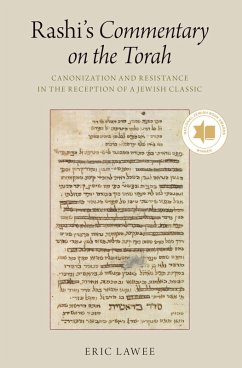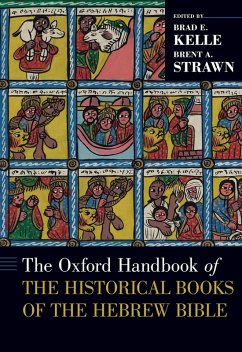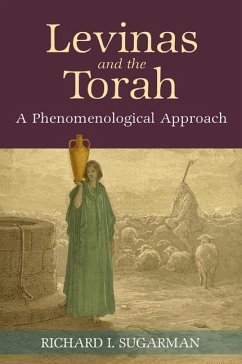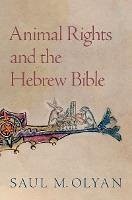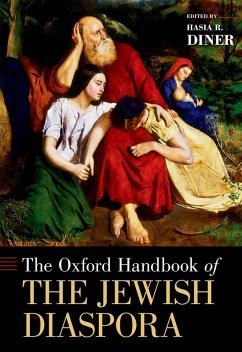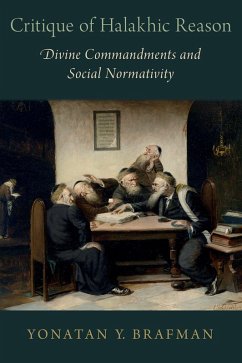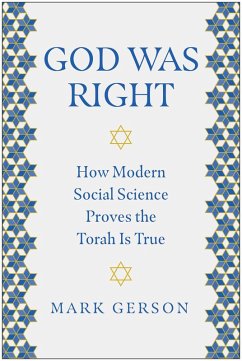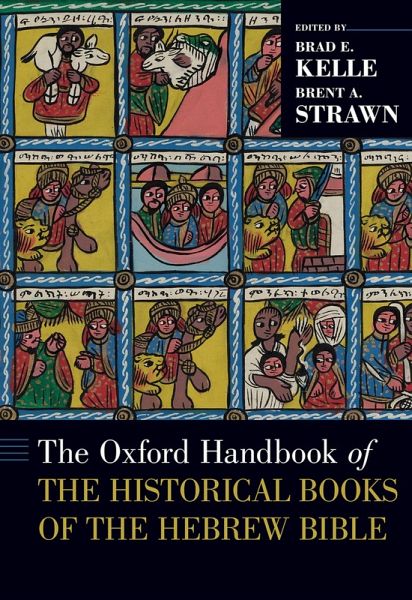
The Oxford Handbook of the Historical Books of the Hebrew Bible (eBook, ePUB)
Versandkostenfrei!
Sofort per Download lieferbar
60,95 €
inkl. MwSt.
Weitere Ausgaben:

PAYBACK Punkte
30 °P sammeln!
The Oxford Handbook of Historical Books of the Hebrew Bible is a collection of essays that provide resources for the interpretation of the books of Joshua, Judges, Samuel, Kings, Chronicles, Ezra, and Nehemiah. The volume is not exhaustive in its coverage, but examines interpretive aspects of these books that are deemed essential for interpretation or that are representative of significant trends in present and future scholarship. The individual essays are united by their focus on two guiding questions: (1) What does this topic have to do with the Old Testament Historical Books? and (2) How do...
The Oxford Handbook of Historical Books of the Hebrew Bible is a collection of essays that provide resources for the interpretation of the books of Joshua, Judges, Samuel, Kings, Chronicles, Ezra, and Nehemiah. The volume is not exhaustive in its coverage, but examines interpretive aspects of these books that are deemed essential for interpretation or that are representative of significant trends in present and future scholarship. The individual essays are united by their focus on two guiding questions: (1) What does this topic have to do with the Old Testament Historical Books? and (2) How does this topic help readers better interpret the Old Testament Historical Books? Each essay critically surveys prior scholarship before presenting current and prospective approaches. Taking into account the ongoing debates concerning the relationship between the Old Testament texts and historical events in the ancient world, data from Assyrian, Babylonian, and Persian culture and history are used to provide a larger context for the content of the Historical Books. Essays consider specific issues related to Israelite/Judean history (settlement, state formation, monarchy, forced migration, and return) as they relate to the interpretation of the Historical Books. This volume also explores the specific themes, concepts, and content that are most essential for interpreting these books. In light of the diverse material included in this section of the Old Testament, the Handbook further examines interpretive strategies that employ various redactional, synthetic, and theory-based approaches. Beyond the Old Testament proper, subsequent texts, traditions, and cultures often received and interpreted the material in the Historical Books, and so the volume concludes by investigating the literary, social, and theological aspects of that reception.
Dieser Download kann aus rechtlichen Gründen nur mit Rechnungsadresse in A, B, BG, CY, CZ, D, DK, EW, E, FIN, F, GR, HR, H, IRL, I, LT, L, LR, M, NL, PL, P, R, S, SLO, SK ausgeliefert werden.





